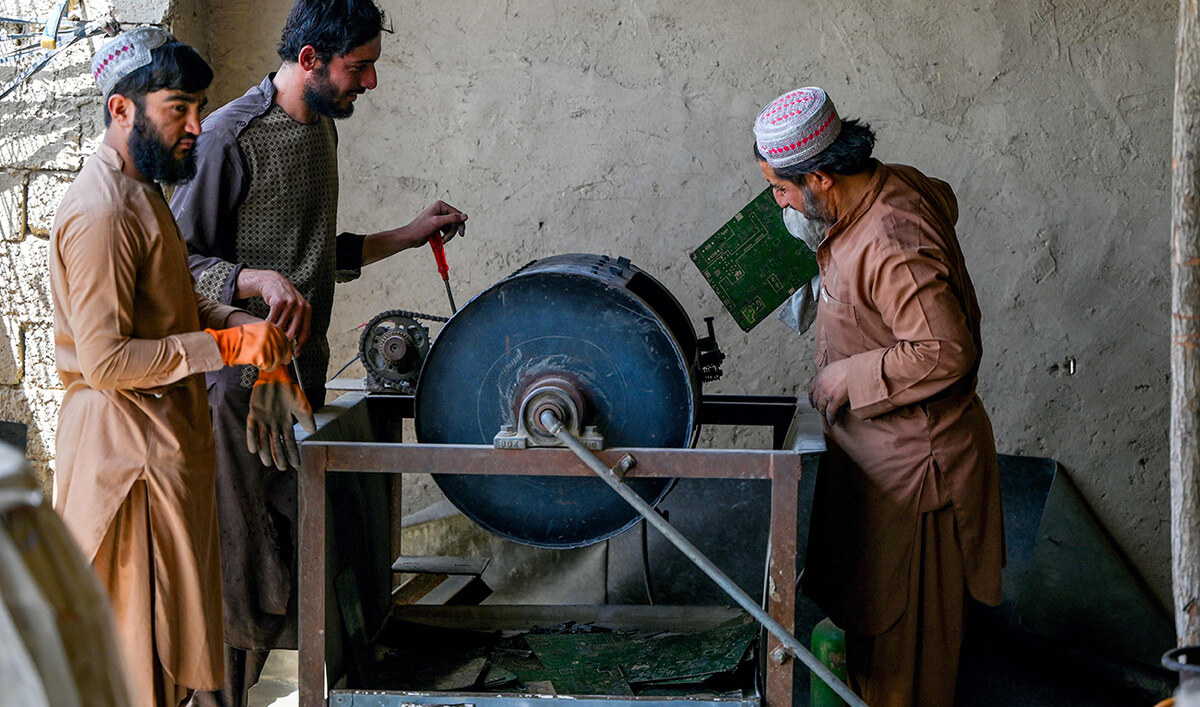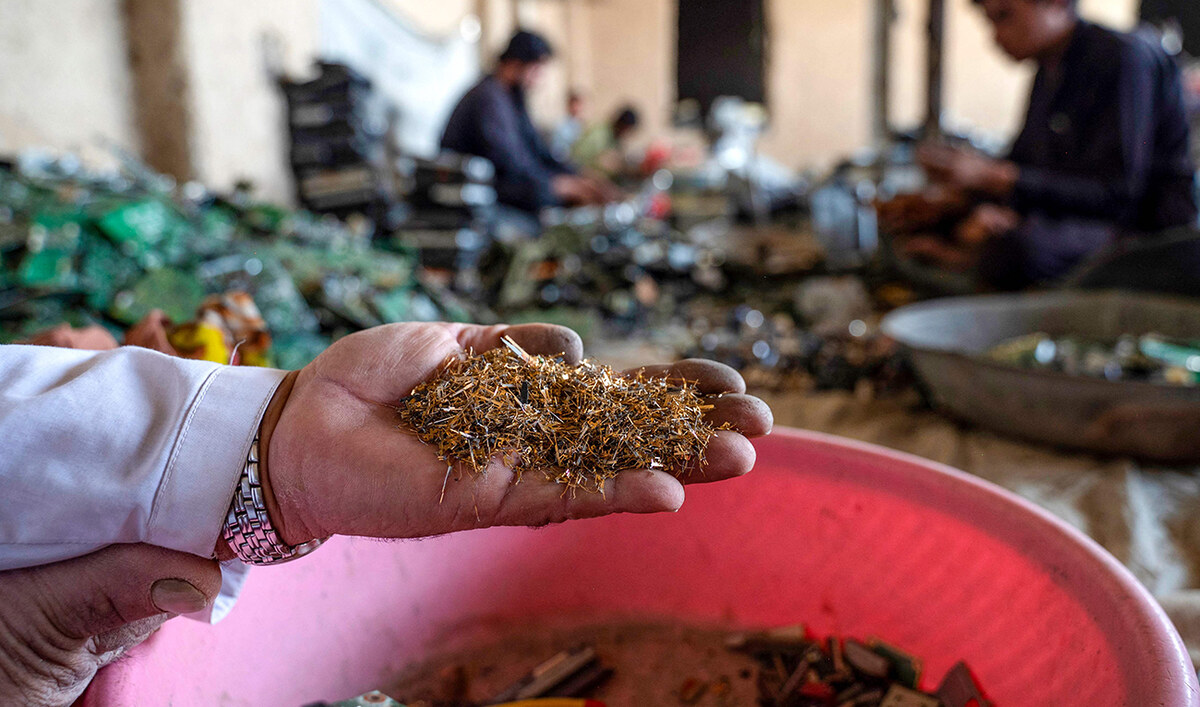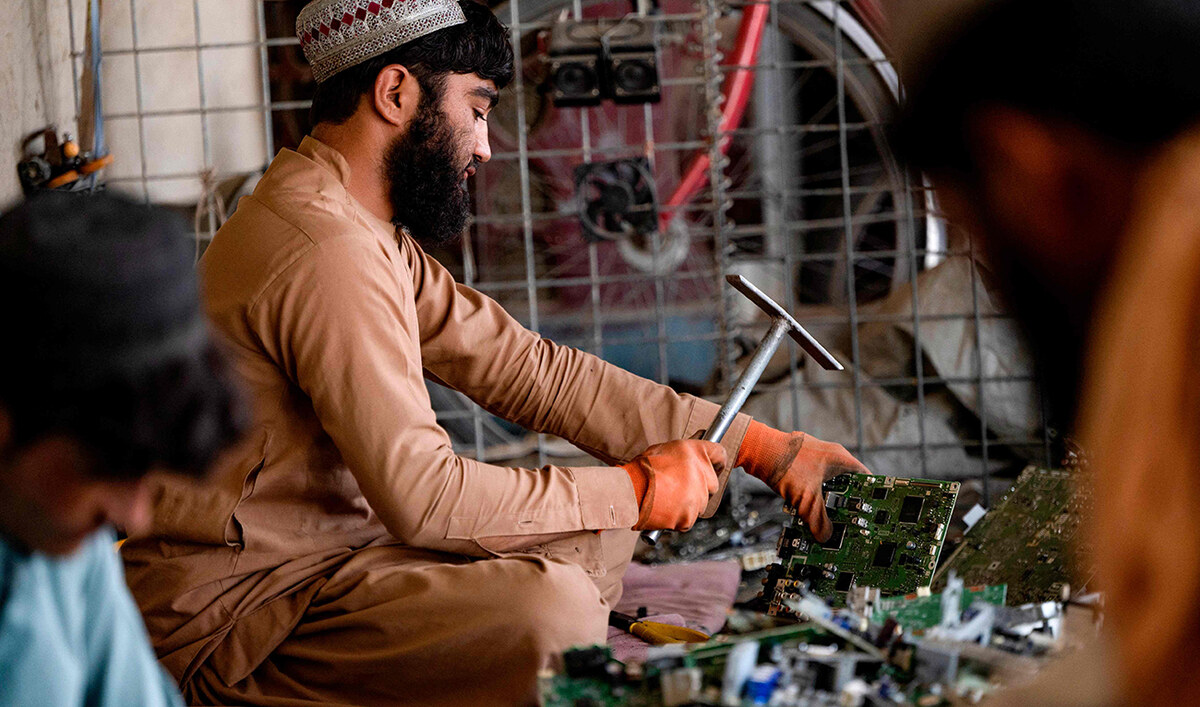The family of a British aid worker killed by an Israeli drone strike in Gaza has demanded an independent legal investigation into his death, the BBC reported on Wednesday.
Israel attacked a World Central Kitchen aid convoy operating in the Palestinian enclave in April, killing seven people, including three Britons. James Kirby, 47, a former serviceman, was killed in the strike.
Ahead of a memorial service for him at Bristol Cathedral this week, his bereaved family has criticized the UK government for failing to contact them since the killing.
They also expressed “surprise” that Israel’s ambassador to the UK or any other Israeli official have yet to offer condolences over the attack.
His cousin Louise Kirby said: “There must be a proper, independent inquiry into this attack on innocent aid workers, and for the evidence to be assessed, if appropriate, in a relevant court of law.
“However, unfortunately, families have had no contact from the UK government since James and his colleagues’ deaths, nor have we received any information as to whether a credible, independent investigation is taking place; or of the results of any investigation if it has taken place.”
Israel said a drone operator “mistakenly” targeted the aid convoy, but WCK, following Israeli protocols, provided the coordinates and planned route of the aid trucks before the journey.
Three missiles were fired at the convoy over a period of five minutes. Survivors of the initial strike moved from truck to truck until all vehicles had been destroyed by the drone, leaving no survivors.
The Israel Defense Forces sacked two officers over the killings and formally reprimanded two senior commanders.
A spokesperson for the Israeli Embassy in London described the attack as “a tragic mistake” in a statement to the BBC. They also expressed their “deepest sorrow” to the Kirby family.
After the attack, Britain’s then-Prime Minister Rishi Sunak had urged a “thorough and transparent independent investigation.”
But Kirby’s family told the BBC that the government had yet to launch an inquiry into the killings, as they demanded answers.
Louise Kirby said: “I very much hope the prime minister (Keir Starmer) will take our concerns seriously and instigate an appropriate, independent or legal inquiry — not only so we can have transparency and accountability, but so that other British citizens and their families know that their government will act for them, if a foreign state unlawfully kills their loved ones.
“Any family of a loved one who has been killed needs closure. We need to understand how this disaster could have happened.
“But this is not just about us. This is about how Britain looks after its own citizens and their families, when a British citizen has been unlawfully killed by another state.”
A government spokesperson said the families of the three slain British aid workers are being supported by police liaison support officers.
They added: “The death of James and his fellow aid workers was horrific and our thoughts remain with their families.
“Attacks on aid workers are never justified and we remain fully committed to their protection as they support some of the most vulnerable people in the world.”
The spokesperson did not respond to the Kirby family’s demand for an independent investigation into the killings.




























